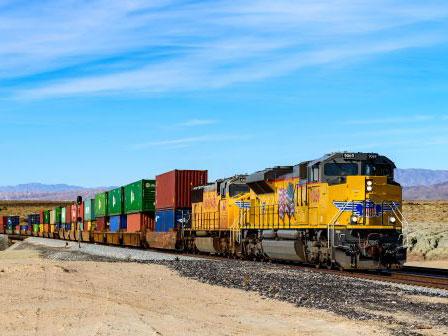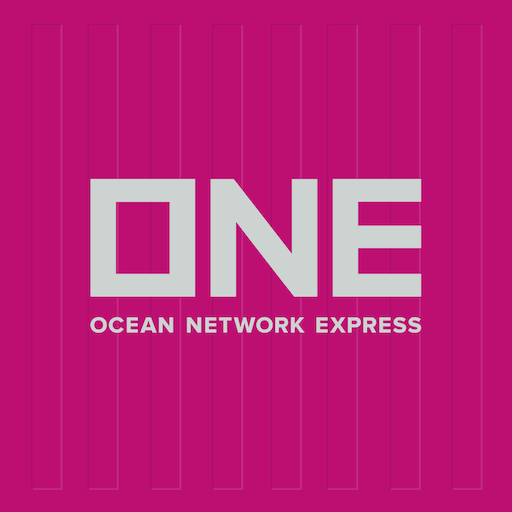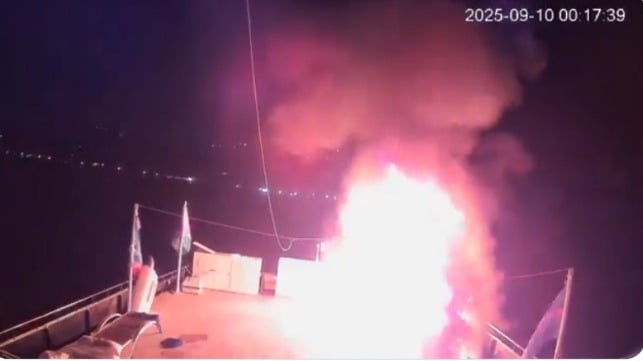Ajot: American Chemistry Council opposes Union Pacific/Norfolk Southern merger
The ACC says it “will actively oppose any merger that fails to significantly enhance competition between railroads.”
The American Chemistry Council (ACC) is urging the Surface Transportation Board (STB) to reject the Union Pacific/Norfolk Southern rail merger if it does not enhance competition.
The reason is that the merger has the potential to expand single railroad access to shippers, enable higher freight rates, and reduce competition, according to Jeffrey Sloan, ACC’s Senior Director of Regulatory Affairs.The proposed UP/NS merger will be a major topic of discussion at the Intermodal Association of North America (IANA) 2025 Expo taking place at Long Beach, California, beginning on September 15th.
In an interview with AJOT, Sloan said the ACC is urging that the Surface Transportation Board STB) adhere to its 2001 mandate to reject a merger that decreases competition: “In 2001, the STB adopted a new set of rules for how they will review rail mergers … and they set a higher bar for approving those mergers. And I think that the most important change that is reflected in those new rules is that not only does a merger like this have to protect against harm to competition, loss of competition, it actually is supposed to demonstrate that it will enhance competition.”
Rates Continue to Rise
Sloan said freight rates adjusted for inflation continue to rise while the major railroads carry less cargo. “Over the past 20 years, since the last round of big consolidation in the industry, inflation-adjusted rail rates have increased by over 40%. At the same time, rail volumes have gone down. Railroads are making more money by shipping less product. We don’t see how this additional consolidation of the rail industry is going to suddenly make the industry grow more, and we don’t see the rates coming down as a result of a rail merger.”
The Union Pacific and Norfolk Southern railroads will file their official application between the end of October and the end of January. The initial filing of a Notice of Intent starts the clock, and then from that point it’s a 12 to 18-month review process once the formal application is filed.
The Surface Transportation Board is an independent federal agency charged with the economic regulation of various modes of surface transportation, primarily freight rail.
ACC has taken a leading role in speaking out about concerns with the UP/NS merger. “The four largest freight railroads already control more than 90% of U.S. rail traffic, with two dominating in the eastern U.S. and two dominating in the west. The impact of a transcontinental merger between two of these railroads threatens to leave American manufacturers, farmers, and energy producers with even fewer competitive options to ship by rail. Many rail customers are currently dealing with high rates and unreliable service. Further consolidation within the rail industry is likely to make these problems worse, as was the case with prior mergers.”
Enhancing Competition Critically Important
Sloan amplified on this statement by arguing that the four Class One railroads, which include Union Pacific and Norfolk Southern, are already exercising growing monopolistic power over rail freight shipments, and the proposed UP/NS merger will make a bad situation worse. “Enhancing railroad competition is hugely important to our industry. The chemical industry is one of the largest users of the freight rail network. We shipped approximately 2.2 million carloads of chemical products last year. The concern with this kind of merger is that you are going to extend the distance that those chemical facilities are captive to the railroad that serves them. If that shipment is crossing over the Mississippi, where you could now choose between CSX or NS for the remainder of the move, now you are stuck with a single railroad for the entire duration of the trip. So, it’s further concentrating the market power of the railroad over its customers.”
Sloan said that railroad cost-cutting implemented under Precision Scheduled Railroading (PSR) practices may have cut costs, but have done so at the expense of service and resiliency. “The trend toward Precision Scheduled Railroading is really a reflection of a more concentrated, consolidated, less competitive rail system. Our concerns with Precision Scheduled Railroading were that the railroads cut back on their workforce. They cut back on the equipment that was available, trying to run leaner. And we think that has compromised the resiliency of the rail network. And so, when there are unexpected events or a surge in traffic, the railroads don’t have the capacity to handle it. And that is a reflection of decisions that were made in a non-competitive environment. If you are not worried about losing your customers, you are not focused on ensuring that you have adequate capacity to handle your customers’ needs as much as you should be. This merger is a potential extension of that trend that’s been going on for a long time, more consolidation in the rail industry, and less power of the customer to secure reasonable rates and quality service.”
He noted that the chemical industry accounts for about 25% of the US Gross Domestic Product. We’re also a large exporting industry with about a $30 billion trade surplus in chemical products.
“Chemical products, including plastic resins, are the largest volume of exported goods and tend to be shipped out of Gulf Coast ports, including the Port of Houston and ports in Louisiana. A lot of plastic resins ship in cargo containers, as well as some on bulk carriers,” he said.
Related Posts




